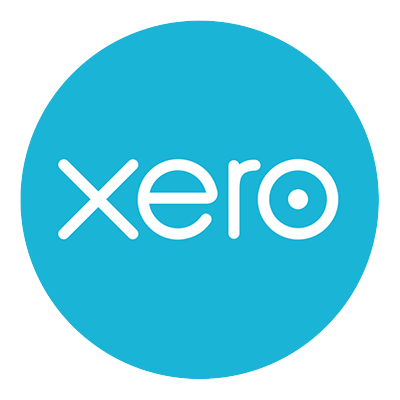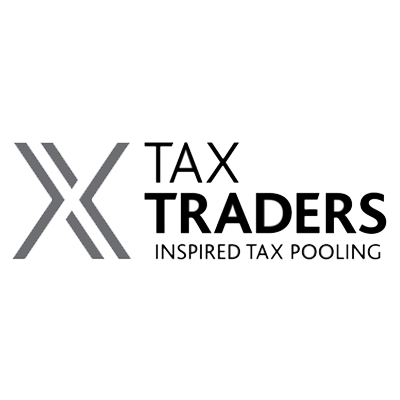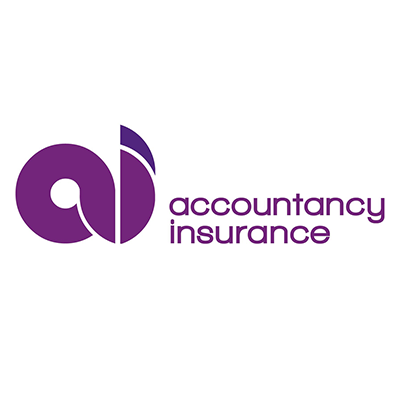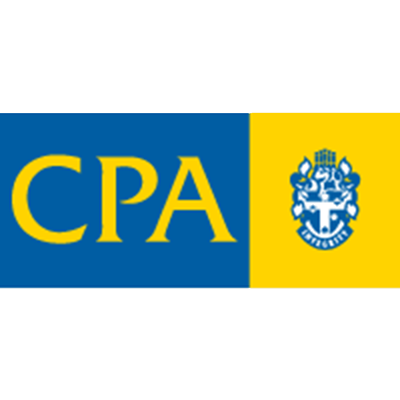Controlled foreign companies (CFCs) are companies based overseas but controlled by New Zealand residents. They must not be a tax resident in New Zealand, or if a New Zealand tax resident, they must then be treated as a foreign company via the application of a relevant double tax treaty agreement.
A company may be a tax resident in New Zealand if it is incorporated in New Zealand, has its head office in New Zealand, its centre of management is in New Zealand, or directorship control is exercised from New Zealand.
There are three tests for determining the CFC status of a foreign company:
- Five or fewer New Zealand residents have a control interest of more than 50%.
- Five or fewer New Zealand residents control the shareholder decision rights.
- A single New Zealand resident has a control interest of 40% or more, and no non-associated non-resident owns a larger control interest.
Control interests with respect to a foreign company include:
- Any shareholding,
- Any shareholding decision making rights,
- The right to receive income from the company,
- The right to receive distributions from the company’s new assets.
The IRD (Inland Revenue Department) use the highest percentage of any one control interest type to decide if a company is a CFC.
Background
The Taxation (International Taxation, Life Insurance, and Remedial Matters) Act 2009 introduced rules for the taxation of foreign companies controlled by New Zealand residents and for foreign dividends received by New Zealand companies. This was a fundamental change to how New Zealand taxed offshore income earned through CFC’s. The old system of taxing that income as it was earned (but not necessarily repatriated back to the New Zealand shareholder), was replaced by one that exempts the active offshore income of these companies.
The changes were made to bring New Zealand’s tax rules into line with the practice in other countries and help New Zealand-based business to compete more effectively in foreign markets by freeing them from a tax cost that similar companies in other countries do not face.
How controlled foreign company income is taxed
Generally, income is taxed under the CFC rules when you have income interests of 10% or more in a CFC. This income is handled differently depending on whether the business is active or non-active.
In active businesses (less than 5% passive income) you are not taxed on CFC income as it is earned, although you may still have income tax issues if the CFC derives income from personal services which have been provided by you. Instead, you will be taxed on a repatriation basis (usually dividends for New Zealand resident non-corporate shareholders).
In non-active businesses you are taxed on your proportional share of the passive income (attributable income) each income year.
In most situations you must disclose to the IRD about your interest in a CFC, when you file your annual income tax return.
Attributable income
Attributable income is referred to in the Act as the attributable CFC amount and as net attributable CFC income or loss. In very broad terms, attributable income comprises passive income such as rent, royalties, certain dividends and interest. Taxing this income on an accrual basis, protects the domestic tax base against New Zealand-sourced income being shifted offshore to avoid tax. There are a couple of exemptions, please talk to us.
Interest allocation rules
The interest allocation rules are designed to prevent an excessive amount of debt from being allocated against the domestic tax base. Previously, these rules only applied to New Zealand entities controlled by non-residents. Now that much of the income derived by CFCs remains outside the New Zealand tax base, the rules have been extended so that they also apply to outbound entities – New Zealand residents with CFC interests, regardless of whether the entity is controlled by a non-resident.
There is an upper limit on interest deductions that can be taken against domestic income, there are also safe harbours and reliefs to be considered.
Treatment of foreign dividends
The FDP rules have been repealed so that most foreign dividends received by New Zealand companies are now wholly exempt. Foreign dividends that are tax-deductible for the foreign company and dividends on fixed-rate shares are subject to income tax.
If the foreign company is a CFC and the fixed rate or deductible dividend is paid to another CFC or New Zealand company, these distributions will be deductible in the same way as interest when calculating net attributable CFC income or loss. This prevents economic double taxation of attributable CFC income subsequently repatriated as a taxable dividend.
Dividends from non-attributing portfolio FIFs can also be subject to income tax.











